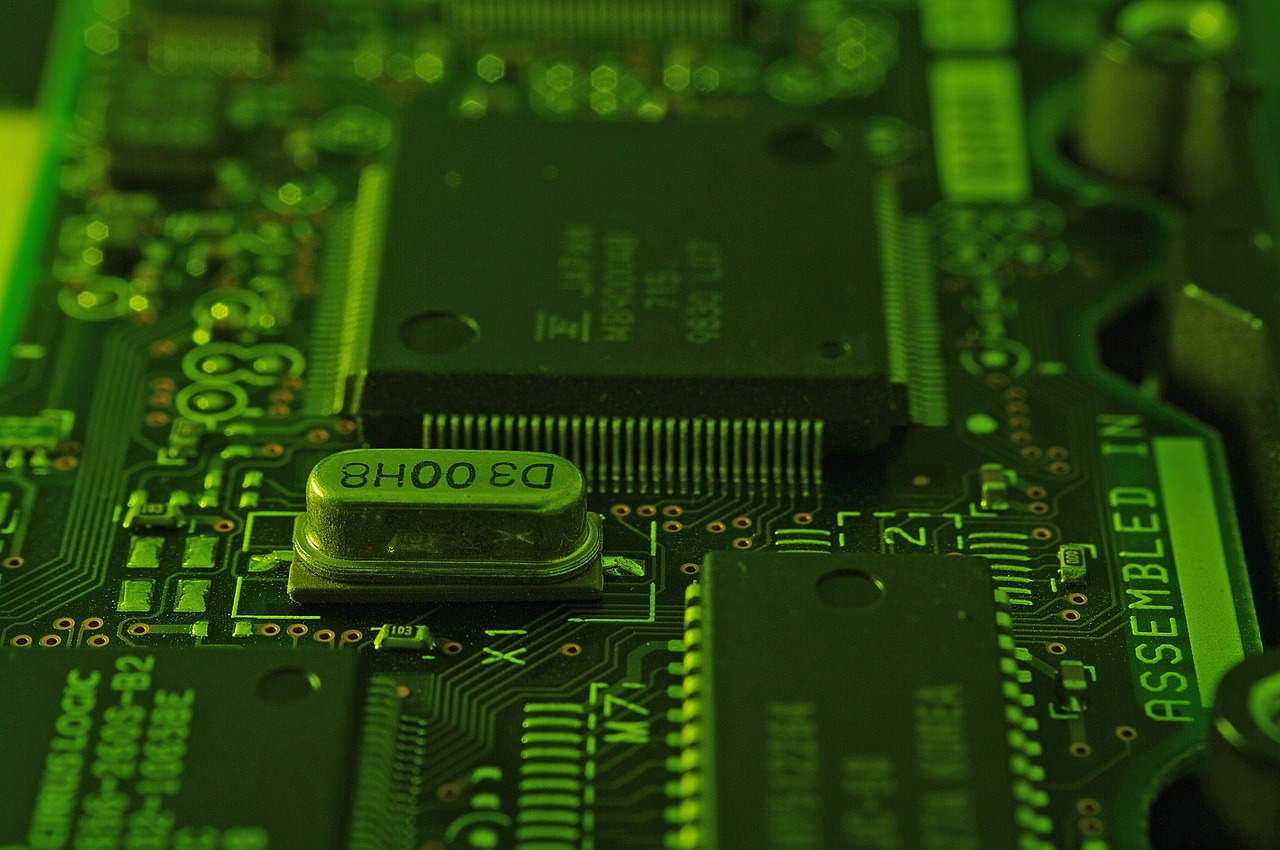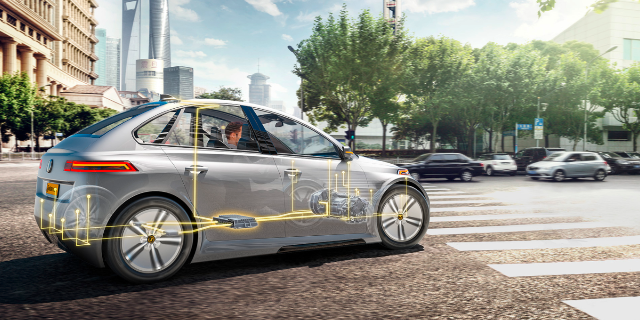Are NIO and XPeng profiting from falling chip prices?
With the appearance of the COVID epidemic, the previously stable supply chains were completely disrupted, and due to these problems the price of chips increased to a level which was never seen before. However, this trend seems to be over. In our article, we investigated this with the help of the two big Chinese automotive company, NIO and XPENG, if they could benefit from this apparent trend in terms of chip prices or not.
William Li, CEO of NIO, sees the drop in chip prices as a change in the load on the supply chain. According to Li, the Covid pandemic had a negative impact on the chip industry, which was accompanied by a spike in the price of chips. Since the summer of 2022, however, the price of chips has fallen sharply, which creates a completely new situation.
The price of STMicroelectronics’ chip used in electronic control systems has risen to RMB 3,500, or $491, in 2021 – the same product costs now RMB 600, or $84, in September 2022.
It can be seen that the difference is quite shocking, but this is not the only thing that shocks industry players: the recent price drop in the field of chips has affected the entertainment electronics industry the most, the automotive industry only minimally. Chip prices for the automotive industry have only decreased minimally. It is interesting.
The phenomenon was confirmed by the president and CEO of Xpeng Motors, He Xiaopeng, as well as the CPCA (Chine Passenger Car Association). According to the CPCA, the price of automotive chips is currently considered relatively low and there is not that much demand for them.
According to Xiao Yong, the deputy general manager of the company GAC Aion, only the supply difficulties have eased, and he has not noticed any price drop in the market either.
The decrease in chip prices in the consumer electronics industry is partly caused by the fact that manufacturers have stored a significant stock of chips due to the fear of possible American sanctions (for example, Huawei was restricted by the Trump administration in using American software earlier), while demand is shrinking, because consumers change their entertainment electronic devices less often.

Image source: www.pixabay.com
Looking at the Chinese automotive market, there is still a strong demand for new cars, however, delivery lead times have shortened considerably – China has already returned to the usual waiting time of 1-1.5 months like before the chip shortage, from the lead time of over 2 months experienced during the pandemic.
Since the COVID epidemic may still hold more surprises for the world, the situation may change in the future.









